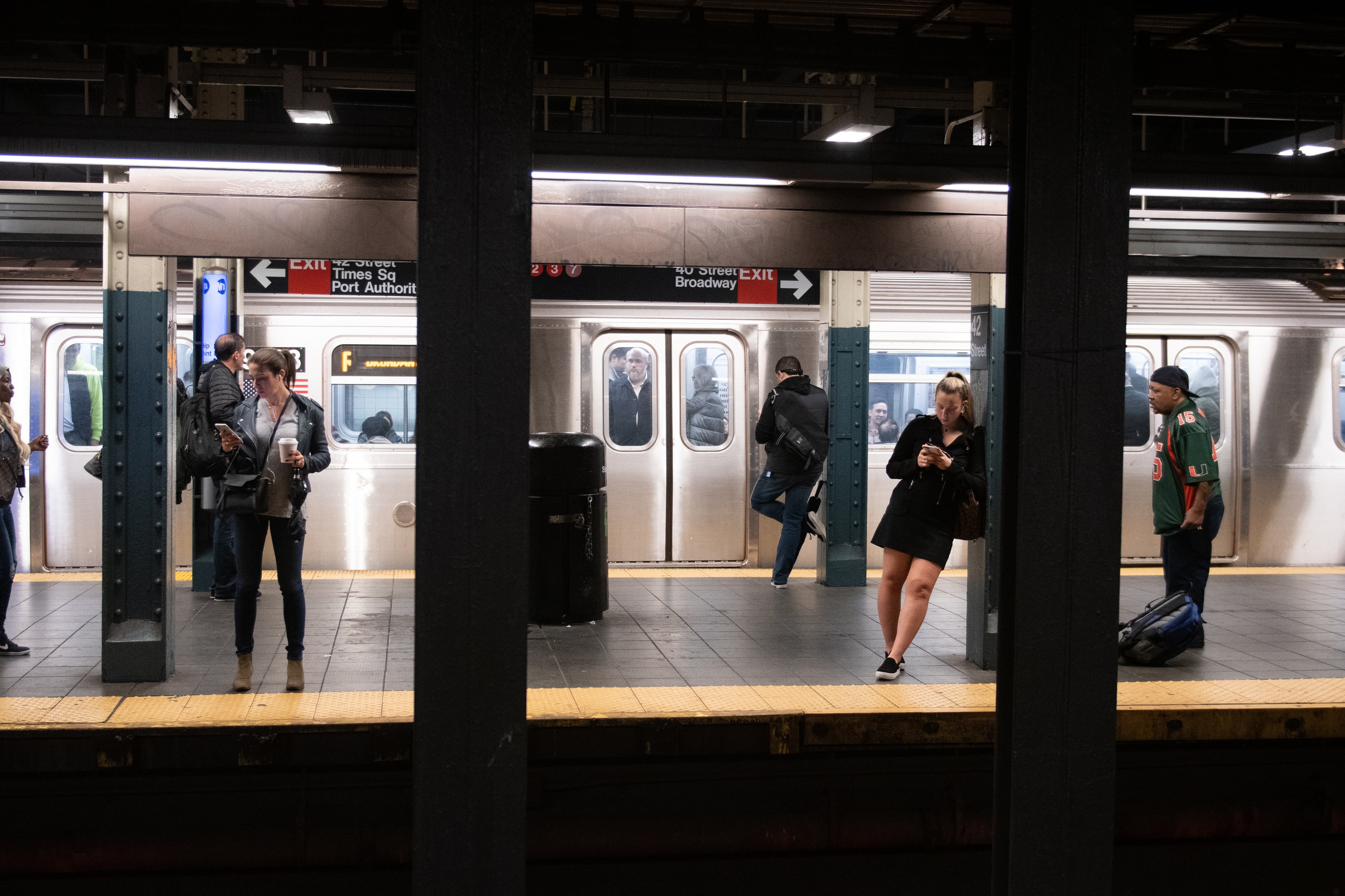Pink Tax on Transportation Workshop Series: Improving Mobility for Womxn
The NYU Rudin Center for Transportation co-hosted a workshop series to create solutions that improve the mobility experiences of female-identifying individuals. The workshop engaged women leaders and everyday users of transportation across the country to build actionable solutions to the two priority areas identified in the Rudin Center’s Pink Tax on Transportation: Women’s Challenges in Mobility report: personal safety on transit and the burden of caregiving. The report, published in 2018, found that women, on average, pay 7% more than men to access jobs, school, family, and friends in order to maintain their safety while traveling. This burden also falls unevenly on those who are disabled or who travel with children or other dependents.
The three workshops, co-hosted with Civic Consulting and supported by NYSERDA and Lyft, featured remarks from leaders in this space, including:
- Sarah Kaufman (Associate Director, NYU Rudin Center for Transportation)
- Councilmember Helen Rosenthal (New York City Council)
- Sarah Meyer (Chief Customer Officer, MTA)
- Christine Serdjenian Yearwood (Founder and CEO, UP-STAND)
- Melissa Faith Hart (CEO, eBodyGuard)
- Meghna Khanna (Senior Director, Los Angeles Metro)
- Rachel Haot (Executive Director, Transit Innovation Partnership)
- Ya-Ting Liu (Director of Government Affairs & Policy, Via)
Throughout the workshop, participants discussed caregiver accessibility, personal safety, station design and infrastructure, and travelling with disabilities. Common themes included issues with reporting harassment and assault, competing demands for space on transit, and the financial and physical burdens for families using transit and micromobility.
In the final stages of the workshops, groups oriented themselves to identify high-impact, quickly implementable solutions. Ideas ranged from family fares to empowering communities to build unique, localized resources for transit riders. The idea of applying a gender equity lens to transportation planning and design surfaced repeatedly in the workshops. With this lens, engineers, advocates, planners, and policymakers can create safer, more user-friendly environments at the beginning of the project’s start, not as an afterthought. One member said it most succinctly, “These improvements should not be an additional cost, they should’ve been part of the project to begin with.” Moreover, the gender lens will improve business outcomes for transportation innovators and transit agencies; by meeting the travel needs of women, both public and private sector mobility providers will create greater customer opportunities.
A future report detailing the workshop outcomes will be published on NYSERDA’s website.
Image above: Screenshot from workshops

Teaser image: Wynand van Poortvliet / Unsplash